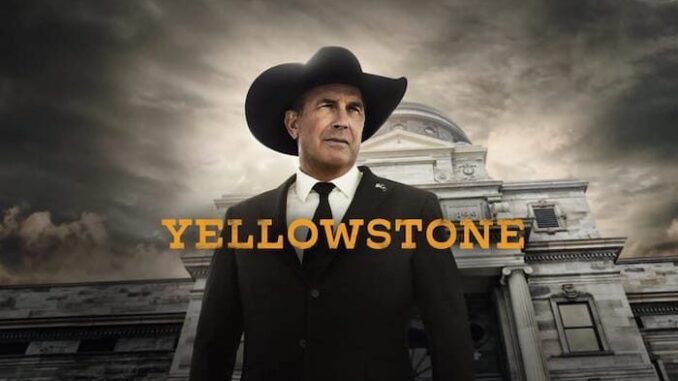
The Fading Cowboy: Why Kevin Costner's Yellowstone Ride Ended Early
The vast, sweeping landscapes of Montana, the internecine battles for power, and the simmering tensions within the Dutton family: these are the hallmarks of Yellowstone, the neo-western drama that captured the American imagination. At its heart, stood John Dutton, the patriarch embodied by Kevin Costner, a grizzled cowboy wrestling with legacy, loss, and the relentless march of progress threatening to devour his ranch. Yet, as Yellowstone approached its final season, a shadow fell over the Dutton empire, not from scheming land developers or rival families, but from the absence of its central figure. Why Kevin Costner didn't return for Yellowstone's final episodes has become a topic of much speculation, blame, and ultimately, a poignant illustration of the conflicts between artistic vision, personal ambition, and the realities of a demanding production schedule.
The narrative, as pieced together from interviews, insider accounts, and media reports, paints a picture of mounting friction stemming from creative differences and scheduling conflicts. Costner, already a Hollywood legend with a distinguished career spanning decades, reportedly sought to limit his time on Yellowstone to pursue other projects, most notably "Horizon: An American Saga," a multi-part western epic he was directing, producing, and starring in. While the specifics remain contested, reports suggest Costner wanted to scale back his commitment to Yellowstone's demanding shooting schedule, advocating for shorter seasons and fewer days on set.
This request, allegedly met with resistance from Yellowstone's creator and showrunner Taylor Sheridan, ignited a conflict. Sheridan, a prolific writer and producer known for his hands-on approach and uncompromising vision, seemingly envisioned a grand conclusion to the Dutton saga that required Costner's consistent presence. The tension escalated, fueled by whispers of rewritten scripts, delayed production schedules, and ultimately, the decision to end the series earlier than originally planned.
The situation serves as a stark reminder that even the most successful artistic collaborations are susceptible to the pressures of competing priorities. Costner, as an established auteur, possessed a creative vision of his own, one that "Horizon" represented. This ambition clashed with Sheridan's desire to maintain control over his Yellowstone universe, leading to a stalemate where neither side could fully accommodate the other.
Furthermore, the Costner-Yellowstone drama highlights the inherent challenges of long-running television productions. The demanding schedules, the grueling hours, and the constant pressure to deliver compelling content can take a toll on even the most dedicated cast and crew. In Costner's case, the allure of returning to the director's chair, of shaping his own western narrative, likely outweighed the continued commitment to a character he had embodied for five seasons.
The consequences of Costner's departure are far-reaching, extending beyond the immediate impact on Yellowstone's finale. The shortened season and altered storylines leave a sense of incompletion, a feeling that the epic Dutton saga may not receive the satisfying conclusion it deserved. The absence of John Dutton, the anchor of the family and the heart of the ranch, undoubtedly changes the dynamic and alters the trajectory of the remaining characters.
In conclusion, the saga of Kevin Costner's departure from Yellowstone is a complex tale of clashing ambitions, creative differences, and the relentless pressures of Hollywood. It serves as a cautionary reminder that even the most successful collaborations can unravel when individual aspirations collide with the demands of a large-scale production. While the specifics of the behind-the-scenes drama remain shrouded in speculation, the outcome is clear: the Dutton ranch will ride into the sunset without its iconic patriarch, leaving a void that even the vast Montana landscape cannot fill. The fading cowboy, lured by the horizon of his own creative vision, ultimately chose to ride in a different direction, leaving behind a legacy both celebrated and tinged with the bittersweet taste of what could have been.
